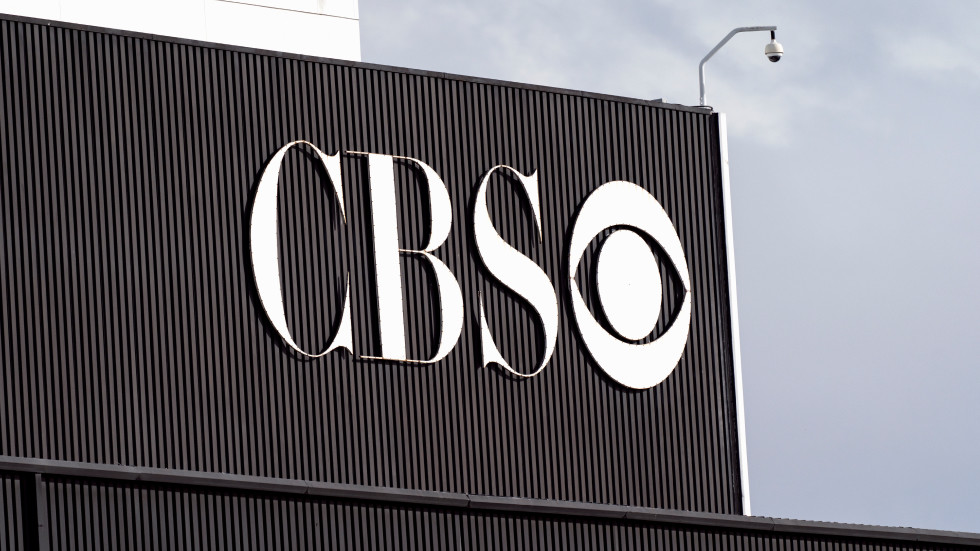In recent developments around media fairness, the U.S. Federal Communications Commission (FCC) has come under scrutiny regarding allegations against CBS for misleadingly editing an interview with Democratic presidential candidate Kamala Harris. This follows a contentious airing of an interview on the iconic program ’60 Minutes,’ where two distinct answers from Harris to the same inquiry were presented in a juxtaposed manner—once in a preview and later in the full broadcast. Critics, particularly from the Republican side, claim that this editing was done intentionally to enhance the vice president’s coherence, effectively misrepresenting her responses and creating perceptions unfounded in reality.
The Center for American Rights (CAR) lodged a formal complaint with the FCC, asserting that the network participated in “deliberate news distortion,” a serious allegation that could have regulatory repercussions. FCC Commissioner Nathan Simington, a Republican appointee, articulated that the commission indeed sees merit in such complaints, emphasizing the importance of honest reporting in fostering public trust. He explained that his office has previously addressed similar issues, where the manipulation of interview footage could be seen as a violation of ethical broadcasting standards. This situation raises critical questions regarding media integrity and the responsibilities of news organizations to faithfully represent the subjects of their reporting.
Simington also elucidated that while the FCC does not have jurisdiction over content and commentary due to First Amendment protections, concerns about potential “abuse of public trust” are significant. His remarks underscore a bipartisan recognition of the dangers inherent in broadcasting that seems to mislead audiences. He noted a general consensus that deliberately manipulating information is harmful, emphasizing the intrinsic relationship between the media and the citizens’ right to accurate information. Once trust in media is undermined, regaining it becomes a daunting challenge—a point that resonates strongly in today’s polarized political atmosphere.
Against this backdrop, CBS was not only confronted with the fallout from the Harris interview but also with accusations from other political figures. Notably, House Speaker Mike Johnson recently claimed similar selective and deceptive editing practices in a CBS interview he participated in. He showcased raw footage from his interview to illustrate discrepancies between the unedited content and what aired, further fueling criticisms of the network. This pattern of perceived biased editing may exacerbate tensions between media outlets and politicians, particularly during an election cycle rife with accusations of media manipulation.
The situation has led to a fierce exchange between political factions, particularly highlighted by former President Donald Trump’s vehement statement accusing ’60 Minutes’ of executing “the greatest fraud in broadcast history.” Simington’s comments on the FCC’s potential actions, which could involve fines or conditions on CBS’s license renewal, indicate serious ramifications for the network if found guilty of intentional distortion. However, FCC Chair Jessica Rosenworcel, a Democrat, defended the principle of free speech, countering that the commission would not intervene merely based on partisan grievances over content.
In summary, as the 2024 election approaches, the stakes for news integrity rise, particularly as accusations of biased reporting proliferate. The response by the FCC and the ongoing discussions among political leaders underline the critical necessity for transparency in media representations. The implications of this case extend beyond CBS; they illuminate broader concerns regarding the interaction of politics and media, the expectations of truthfulness in reporting, and how those expectations shape public trust. As the landscape of television journalism continues to evolve, the ongoing scrutiny over editorial practices may serve as a pivotal point in determining how future broadcasts are approached, regulated, and consumed.

